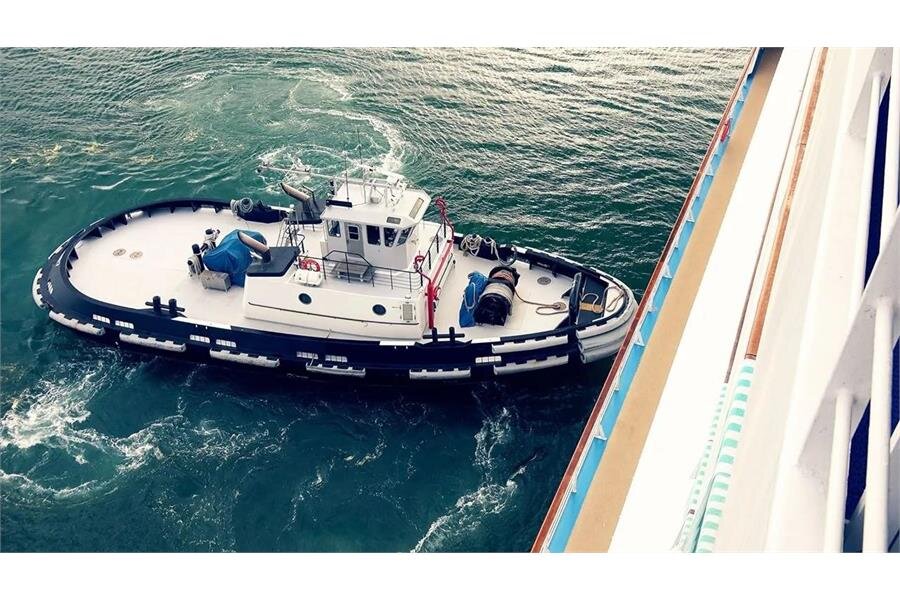
Similar Posts
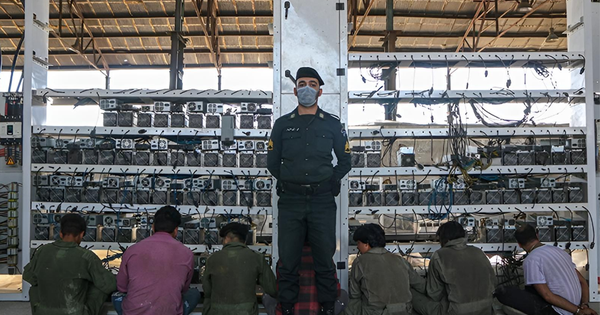
Iran’s Major Crackdown: 240,000 Cryptocurrency Mining Rigs Seized in Bold Move
Iran is grappling with electricity consumption challenges exacerbated by cryptocurrency mining, prompting authorities to seize over 240,000 mining devices in three years. These rigs reportedly consume 800 megawatts, similar to the Bushehr nuclear power plant’s output. Tavanir estimates around 700,000 illegal rigs still operate, consuming 2,000 megawatts. A projected 25,000-megawatt electricity deficit looms for the next year, representing nearly one-third of national consumption. Authorities emphasize the need for stricter regulations and collaboration with law enforcement to combat illegal operations, aiming for a balanced approach to cryptocurrency mining that ensures energy sustainability.
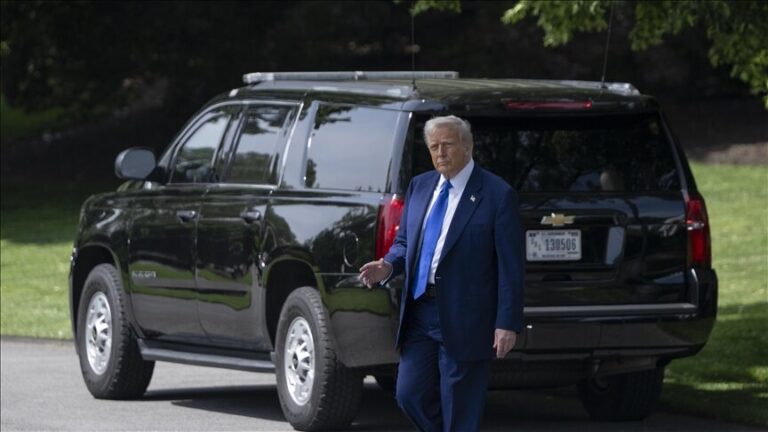
US Proposes $1.45 Billion Arms Deal with UAE: Congress Notification Sparks International Interest
The U.S. and UAE have strengthened military ties through significant defense agreements. The Defense Security Cooperation Agency announced a $1.32 billion sale of six CH-47F Block II Chinook helicopters and support equipment, enhancing UAE’s defense capabilities and aligning with U.S. strategic interests. Additionally, a proposed $130 million sale focuses on F-16 sustainment and spare parts, improving the operational readiness of the UAE’s fleet. These agreements highlight the U.S. commitment to regional stability and the UAE’s role as a crucial ally, particularly amid ongoing geopolitical tensions. The deals coincide with former President Trump’s Middle East trip, emphasizing security collaboration.
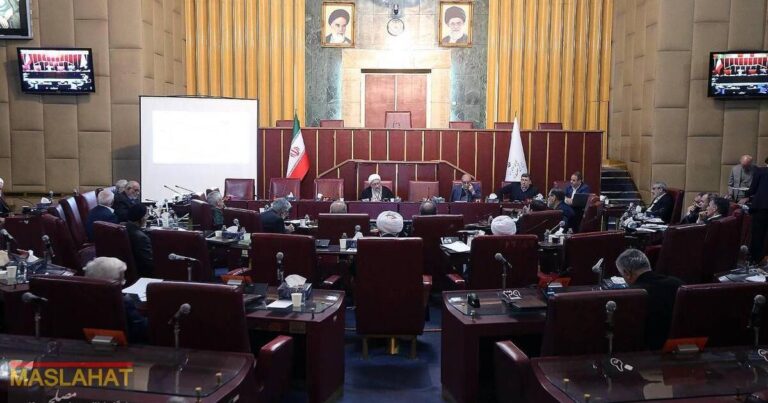
Is Khamenei Softening His Stance on Iran Joining FATF Regulations?
Iran’s political landscape is shifting regarding its potential accession to international monetary conventions, particularly as the Expediency Discernment Council (EDC) reviews compliance with anti-money laundering and terrorism financing frameworks. Supreme Leader Ali Khamenei has authorized this review, reflecting growing economic pressures on Iran. While Economy Minister Naser Hemmati announced Khamenei’s approval, the Supreme Leader has yet to publicly comment. The EDC, which mediates between the parliament and Guardian Council, faces opposition from hardliners resisting FATF compliance, citing national security concerns. Legislative decisions on the Palermo Convention and CFT Act are crucial for Iran to improve its global financial standing and reduce economic isolation.
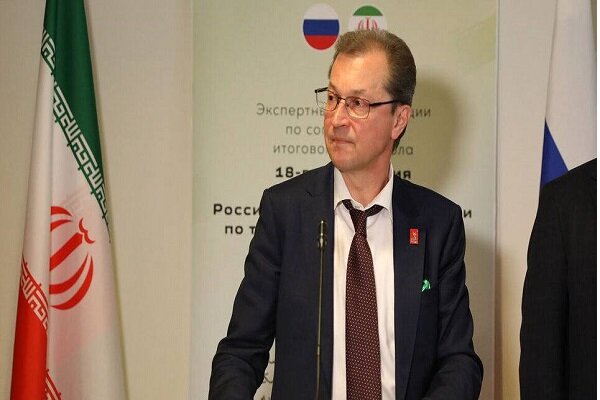
Tehran and Moscow Forge Strategic Partnership: Key Agreements Unveiled
Tehran and Moscow have made significant progress in their economic collaboration, signaling a pivotal moment in their bilateral relations. Recent discussions emphasize strengthened cooperation, exploration of investment opportunities, and enhanced ties in the energy sector. Officials from both nations express optimism about finalizing agreements that could lead to mutual benefits and regional stability. Collaborative efforts are also being explored in agriculture, technology exchange, and infrastructure development. This partnership reflects a strategic alignment against external pressures and aims for long-term economic growth. The upcoming meetings will be crucial for solidifying this transformative relationship and achieving shared economic goals.
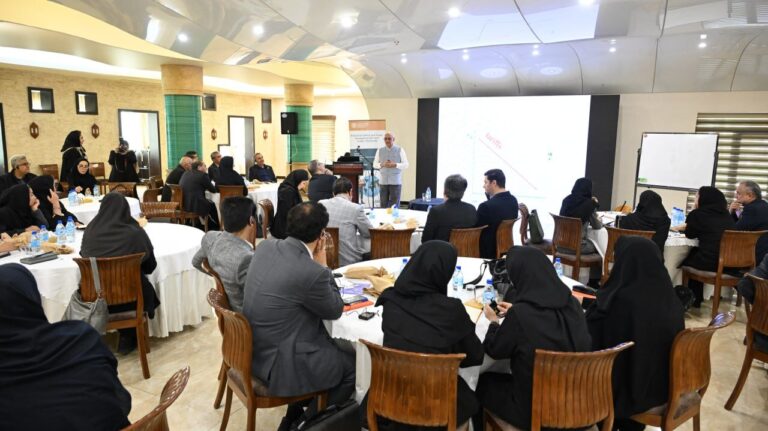
FAO and Iran Boost Pistachio Safety Standards to Enhance Global Trade
The Food and Agriculture Organization (FAO) has partnered with Iran’s Ministry of Agriculture to host a workshop in Tehran on pistachio safety and trade, running until April 16. Engaging 65 stakeholders, the workshop covers international food safety frameworks, including Codex standards, Sanitary and Phytosanitary measures, and aflatoxin management. Led by FAO expert Sanjay Dave, participants are encouraged to share experiences to enhance compliance and sustainability in the pistachio sector. FAO’s initiative aims to improve production, processing, and export practices, ensuring Iranian pistachios remain competitive globally while addressing challenges like mycotoxin contamination.
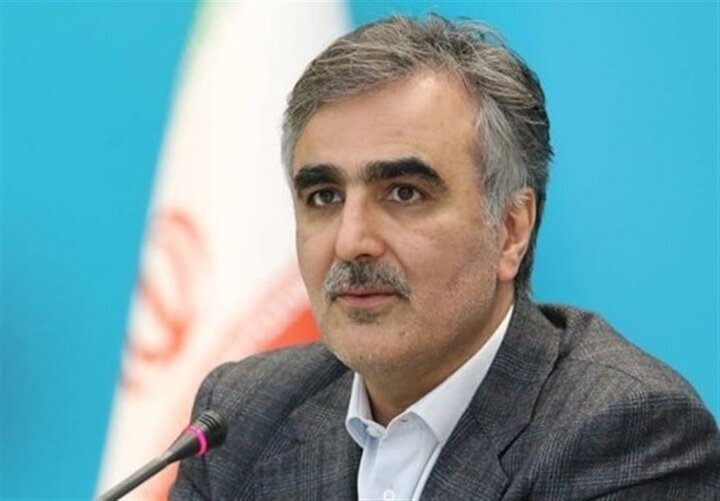
Iran and Russia Launch New Monetary Agreement: CBI Chief Confirms Operational Status
Iran and Russia have integrated their banking systems by connecting Russia’s Mir Card Network with Iran’s SHETAB banking network, enhancing economic collaboration. This integration, part of a broader monetary agreement, allows trade transactions in their national currencies—rubles and rials—reducing reliance on third-party currencies. Key components include using national currencies in trade, connecting local banking systems, and integrating card payment networks. This move aims to strengthen bilateral ties, attract investments, and mitigate the impact of international sanctions. Overall, it positions both nations as adaptable to modern economic challenges and fosters a more resilient financial landscape.